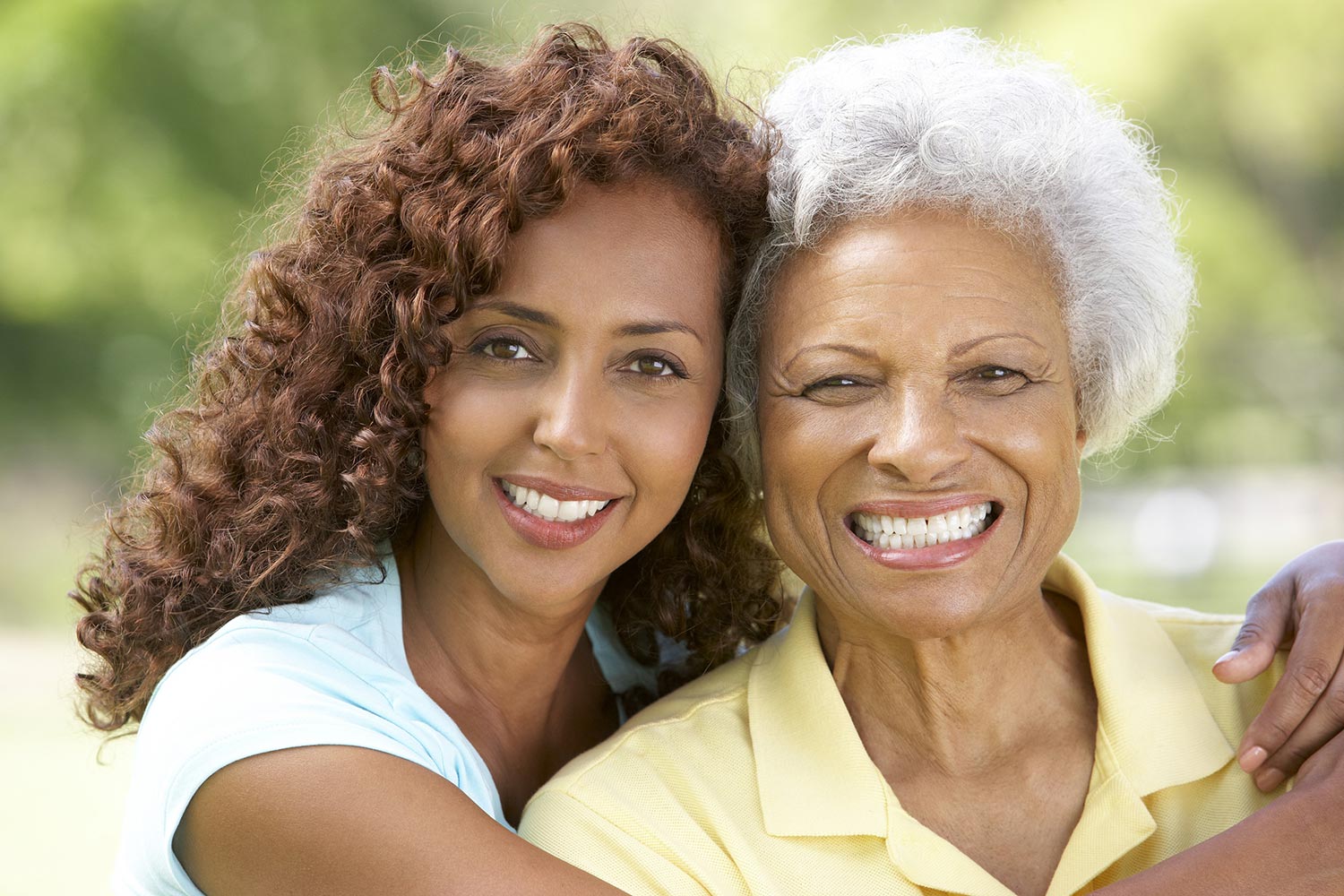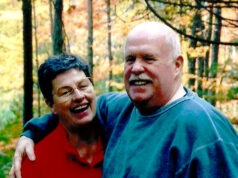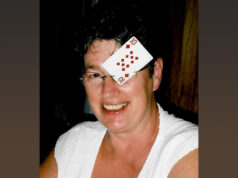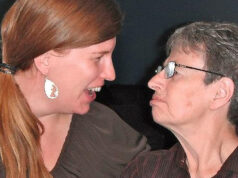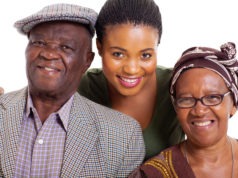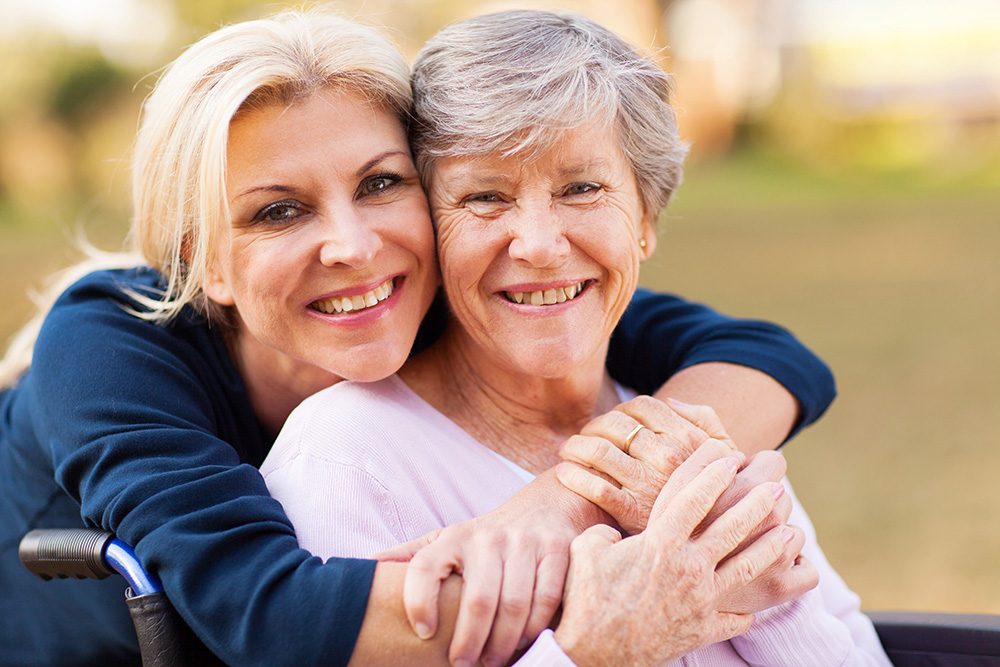Lianna Marie, CEO of AllAboutParkinsons.com, joins Suzanne to talk about her personal experience with her mom coping with Parkinson’s disease, a trial by fire learning over time how to adjust to this chronic illness. Her mom had a type with slow progression and was able to live with it for 30 years.
Lianna’s book “The Parkinson’s Path” will be coming out later this year. Currently, ”The Complete Guide for People With Parkinson’s Disease and Their Loved Ones” is available at Amazon. Find more of Lianna’s podcasts at her Expert page on the Answers for Elders website.
Suzanne: And welcome everyone to Answers for Elders Radio Network. And we’re here to talk about a very important topic to each and every one of you. No matter what kind of disease you may have, there’s a coping process when you’re diagnosed with a terminal disease. And specifically, today, we’re gonna be talking about Parkinson’s disease, and Parkinson’s is a very profound situation because things happen to the brain. You don’t necessarily know how to move properly and it can affect many other types of activities in your life. And sometimes, the symptoms will show up very early, before you even realize what’s going on, and then you’re hit with a diagnosis. And what I’m very excited to do this afternoon is to talk to one of our wonderful experts that are part of Answers for Elders Radio Network, Lianna Marie, who is the CEO of AllAboutParkinson’s.com, and Lianna, welcome to the show.
Lianna Marie: Thank you, Suzanne.
Suzanne: Lianna, you have your own story with your mom, and obviously you probably started seeing the symptoms start to come up and, just learning the coping process of, the evolution of her disease, could you share with us a little bit about what that was like?
Lianna Marie: Sure. I just want to say from the outset, I know a lot of people who listen here may or may not have Parkinson’s, they may have a family member who’s dealing… but in Parkinson’s, those of us who spend all our time in here know it is a chronic illness. Most times we say someone died with Parkinson’s, it’s a distinction that we often make because unlike something like cancer, for example, certain types of cancer where someone is given x amount of weeks or months to live, Parkinson’s, for most people live quite a long time. And so you learn often over time on how to deal with the various stages as they come along. And I would say that’s what happened with us. And my mom was, I guess you could say “fortunate” enough to get a type of Parkinson’s that had a very slow progression, and thus she lived with it for 30 years. Not unlike something that we’ve seen in, Michael J Fox, for example. So we did see bit by bit by bit her learning, and us learning — people that are around her, caregivers and team, team. I, I guess we’re all part of a team to help her learning how to “cope” as we went along, and yeah, and I can talk about a lot of different scenarios and how we learned, but I would say just to begin with that it’s a process, a process of learning, trial by fire, if you will. Ssometimes you go, so that comes with Parkinson’s, I didn’t know that.
Suzanne: You can never count on tomorrow being the same as today.
Lianna Marie: Absolutely not. I mean, that goes with everything. Right. But I think for the most part, you know, today is as good as it’s gonna be, and tomorrow there might be a dramatic change, or the approaches that you’ve been making previously in helping mom or dad or sister or brother or whoever that is. You obviously realize that this isn’t working anymore. I have to come up with new way. And it’s exactly like that with Parkinson’s and people who, if they’re my family sitting next to me, they’ll be shaking their head, like, yeah, yeah, yeah, because Parkinson’s is just like that. It is. So, it feels and it looks like it can be totally random. It’s not, but it is in the sense that every day you wake up and you’re like, ok, so I’m feeling great. My body is moving.
Other times you wake up and nothing’s going, nothing’s moving. And to someone on the other side, in particular, it can look like — I’ve probably mentioned this before — where someone could “accuse” you that you don’t look like you have Parkinson’s, you don’t have anything, because you’re walking around, you’re fine. And in my mom’s case, on those days that she had, we’re having a party of some sort and she was just on cloud nine and her tremor would go away or her inability to walk. All of a sudden she was able to walk. These things certainly challenge you in the sense of not knowing what the next day is gonna be like, what the next hour is gonna be like. And so you do have to learn on the fly. All right. So that’s a possibility, she could just shut down, her legs could just stop moving in the middle of a shopping excursion. And so what do we do when that happens?
But I will want to say in terms of coping, I wanted to talk a little bit about, not just because I spent a lot of time talking about tips and tricks for the physical aspects, but the emotional aspect is sort of what I’ve been writing about in my newer book and I think that that’s really the coping, the emotional coping side of things and, and how my mom now, in hindsight, I can see how she managed, how she coped. Maybe not while I was in it. Did I really see what was going on? But I wanted to share something that I read recently, and it, it’s actually kind of a little dated, but it was so impactful for me. It was this University of Wisconsin Center for the Study of Pain. and I don’t know if you’ve ever heard this little story, but essentially there’s this test where they had volunteers who put their feet in an ice bucket. And one of the things they learned was these volunteers could keep their feet in the ice bucket twice as long when somebody else was in the room. And, the point was that just having the presence of another person with you — someone like a care partner or a caregiver or a spouse, you don’t have to necessarily know everything about Parkinson’s, you don’t have to know and you just need to be there with them — and it helps that person exponentially just by being there, and that’s just something I want to share, because I had read that recently and I thought, yeah, that’s, that’s so true.
Suzanne: That is very profound what you said, and I agree with you. And it’s also, I think to a certain degree of understanding that you don’t have to do much more than be with someone. And so many seniors out there are suffering from various types of illness, they feel alone in the world, and alone with everything on their shoulders. I think the same thing happens with a caregiver. They feel like they’re alone and with everything on their shoulders and for those that are out and in the outer circle of that just to show up just to say I care about you, just to you know, be in an area where you can maybe drop in or take him to lunch or send him a bouquet, right? It didn’t have to be this big thing.
Lianna Marie: Yes. Yes, it did. It did amaze me not in a positive way, but it kind of maybe surprised me that some friends, some close friends of my mom’s at the time and I think it happens with a lot of different… somebody who gets cancer and they just get afraid, they don’t know how to deal with it. And so they become distant from their friend. I think that did a little bit catch me off guard that some of her friends became distant. And for whatever reason, whether they just, couldn’t cope with it, they didn’t have their own mechanisms in place, or the ability to handle something. But again, maybe they thought that they had to do everything, and all they needed to do was just kind of sit there with my mom, or give her a hug, nothing really complicated, which is some of the stuff that I’m often saying to people. Well, how did you cope when you had something bad happen in your life, what did you do? You know, did you talk to someone, did you go exercise, like everybody probably has built in things that they’ve learned over the years. If they’re any age past 45 you know, 30 you know, you’ve been through some things presumably. So, looking back on that, and like, well, what did you do, and how did you manage, because most people I think underestimate themselves in terms of what they can handle, and how they can, but but like I said, some people, like some friends of my mom, unfortunately, bailed. And and that’s unfortunate. But you gotta hang on to those good friends, and hang on to the people in your life that can help you. And I think that, for me, what I did when I was care partnering, caregiving, was hang on to those really good close friends that my aunt, who had already been there, done that with my mom, with her dad, with Alzheimer’s. I think that really helped me cope better. Um, was talking to her. What really helps, I think, is being able to have a heart to heart with somebody who’s experienced something you’re going through right now, when they’ve already been through it.
Suzanne: Sure. I was just trying to think of some things that are top of mind when I think about people who might be having troubles coping, and we talked about this before, and I know we don’t have tons of time here, but we talked about in another podcast about maladaptive versus adaptive behaviors. And I think when people say, well, is this ok? You know, I’m like, well, you know, I like to shop, I like to go retail therapy but in excess of that may not be so good, or gambling, or whatever. Your thing is right. You talk about comfort food. Well, that’s great too. But, you know, most likely we can’t continue to eat all day long. Like we have to understand what is good and what is bad. And I’m not here to tell you what is and what isn’t. But coping in general, I think we can all get through a lot if we have those things in place, like I said earlier, like a team, your support, and hone in on who those people are. And just let them know, all I need is I just need a hug, or I just need to be open and honest about what you need. Right?
Lianna Marie: Yeah. And that’s the thing I think so often. I know with my mom, I had a similar situation that you know, the rest of the family just drifted away, and it was me and mom, and so I totally understand what you’re saying.
Suzanne: So again, to each and every one of you, Lianna Marie is part of our experts. You can see her on YouTube and also listen to her podcast on all your favorite podcast platforms. And Lianna, how do we reach you?
Lianna Marie: Well, you go to AllAboutParkinson’s.com. It’s spelled exactly the way it sounds, and all of our resources are on there, the books that we have for people with Parkinson’s, and for care partners, are both on there. And also some free resources for you, too. And and we also have our Facebook page, All About Parkinson’s, and lots of good stuff there too.
Suzanne: Sounds awesome. And guess what, everyone? Lianna and I, we’re gonna talk a little bit about focus. How do we focus during a time of chronic illness specifically with Parkinson’s? And we’ll be right back in segment two, right after this.






